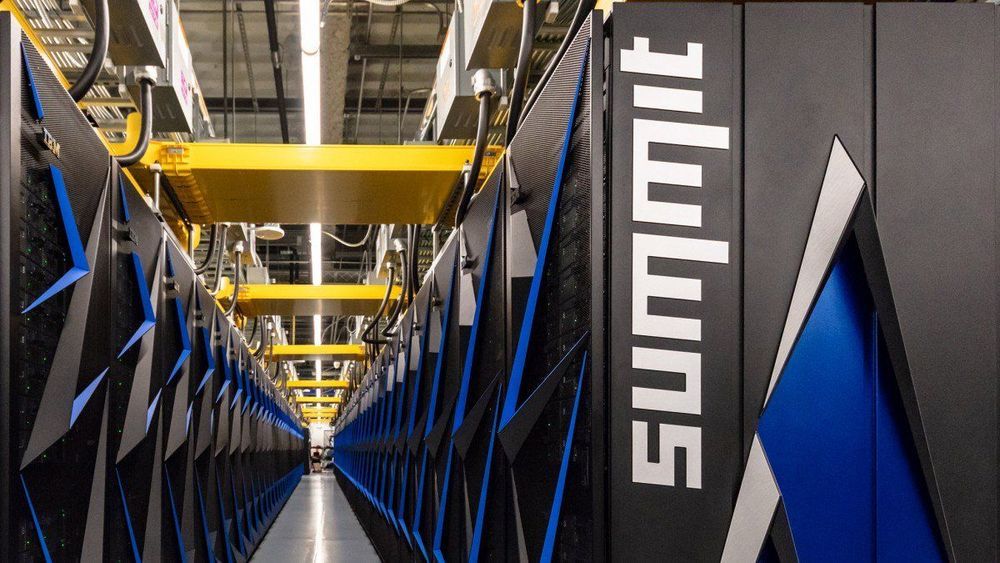Figuring out how our reality took shape over billions of years is no easy task for scientists. Theories about how the Big Bang played out and the immediate aftermath are a dime a dozen, but researchers led by a team from the University of Arizona think they might stumble upon some of the secrets of galaxy formation by asking a supercomputer to simulate millions of virtual universes and seeing which ones come closest to what we see today.
In a new research paper published in Monthly Notices of the Royal Astronomical Society, the team explains how they used a supercomputer system nicknamed the “Universe Machine” to watch billions of (virtual) years of galaxy formation play out before their eyes.










